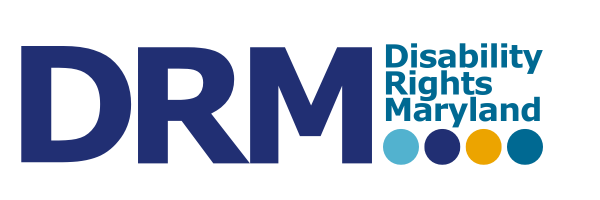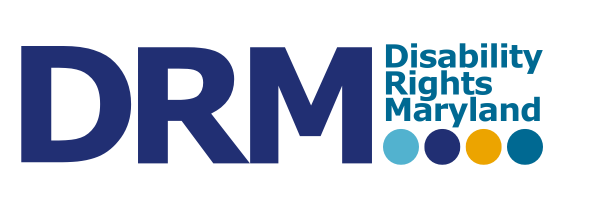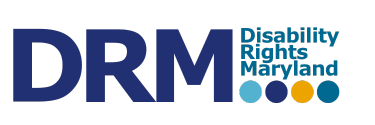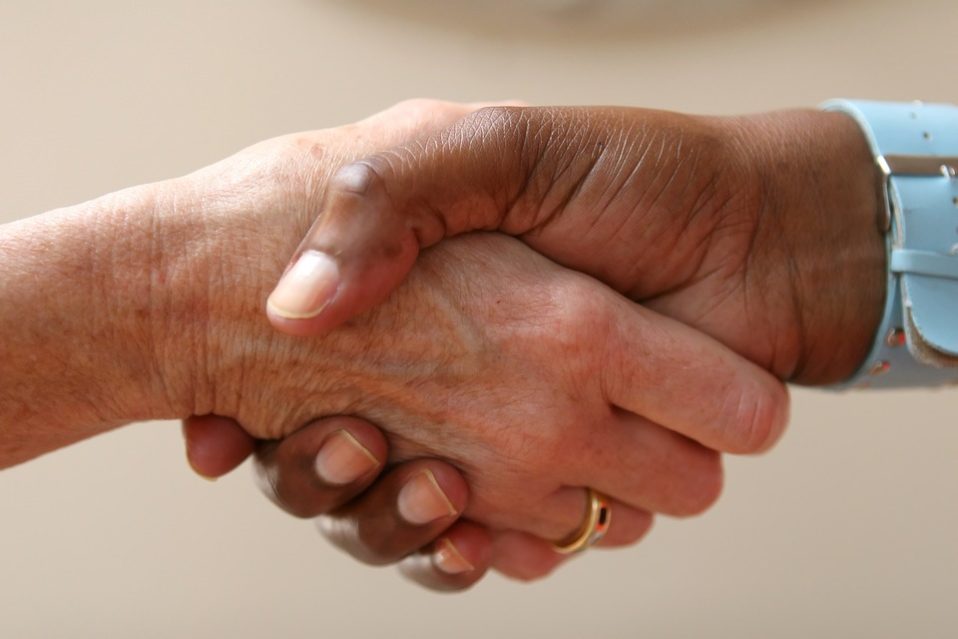After two years of data collection, litigation, and negotiation, Disability Rights Maryland (DRM), AARP Foundation Litigation (AFL) and the Maryland Transit Administration (MTA) have signed a settlement agreement to address issues with the MTA Mobility paratransit system. The Agreement was submitted to federal court for approval on January 23, 2017. MTA Mobility is a public transit service for persons with disabilities who cannot use the ‘fixed-route’ system, which includes busses, trains, and other forms of public transit.
DRM attorney Katheryn Anderson stated, “This Agreement resolves numerous issues that limit access to MTA’s Mobility service, builds in a system for on-going communications between riders and MTA officials, and provides for a continued improvement process over the next three years.”
Key components of the Settlement Agreement include:
- Expert consultants on telephone and eligibility issues will have access to MTA mobility’s program and data and will issue recommendations for improvement. Plaintiffs can negotiate implementation of recommendations and involve mediation or the court if Plaintiffs allege that failure to implement a recommendation means the system violates their federal rights;
- MTA Mobility will implement a “Quality Assurance Process” for eligibility decisions and review all denials and temporary eligibility decisions;
- Applications will include information on presumptive eligibility, which requires that new applicants who do not receive an eligibility decision within 21 days of their eligibility appointment be given access to the service until a final decision is made;
- Applicants denied eligibility may submit additional information for a re-determination if done in a timely manner’
- MTA will process applications within ten days of request from applicants, with limited exceptions;
- MTA will provide assessments on the same day that applicants are called to MTA offices for an eligibility interview;
- Appeal forms and notices were altered to conform to due process protections;
- Mobility applicants may use non-lawyer advocates for assistance during appeals.
MTA’s new administration was interested in fixing problems, began working with Plaintiffs immediately, and agreed to implement changes prior to the Agreement being submitted to the Court. During settlement negotiations, MTA initiated staff changes and developed new training and job performance expectations.
DRM and the grassroots rider organization Consumers for Accessible Ride Services (CARS) began receiving an influx of complaints around 2013 regarding the MTA Mobility’s egregiously long telephone hold times and an eligibility process resulting in denials of service to individuals requiring transit service to travel to doctor appointments, school, work, pharmacies, grocery stores, and religious or social functions. DRM and AFL attorneys worked with CARS to gather more information on the experiences of riders, and filed a class action suit against MTA in 2015.
“This Settlement will open doors to people with disabilities to help ensure their transportation needs are met. This will help us get better access to jobs, education and doctors and improve quality of life in the community,” said Plaintiff Floyd Hartley, a Mobility rider of 17 years who joined the lawsuit after logging 11 hours of hold time during 32 calls made to Mobility’s reservation and late lines in 2014.
“We are grateful for the commitment of the Plaintiffs, CARS members and other riders who continue to inform us and advocate for improvements to Mobility. These individuals work tirelessly, at no gain to themselves, to ensure equality for others. The Plaintiffs spent countless hours, traveled in all kinds of weather, sometimes coming directly from treatments, to engage in long case negotiations. We are incredibly proud to represent these remarkable individuals.” said DRM’s Director of Litigation, Lauren Young.
Media Coverage




